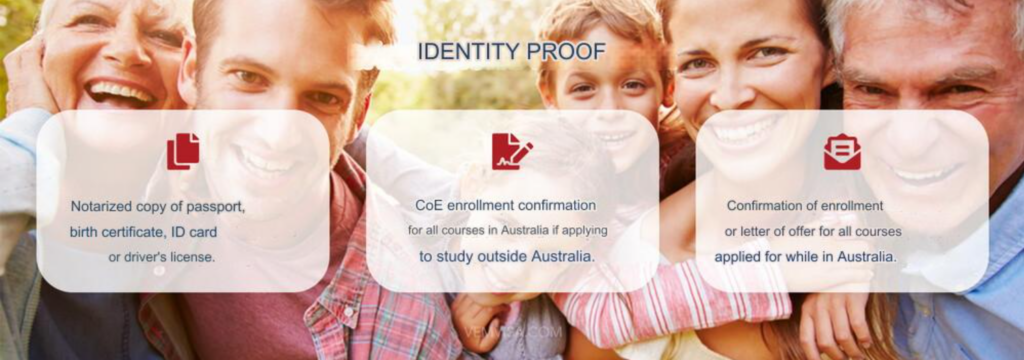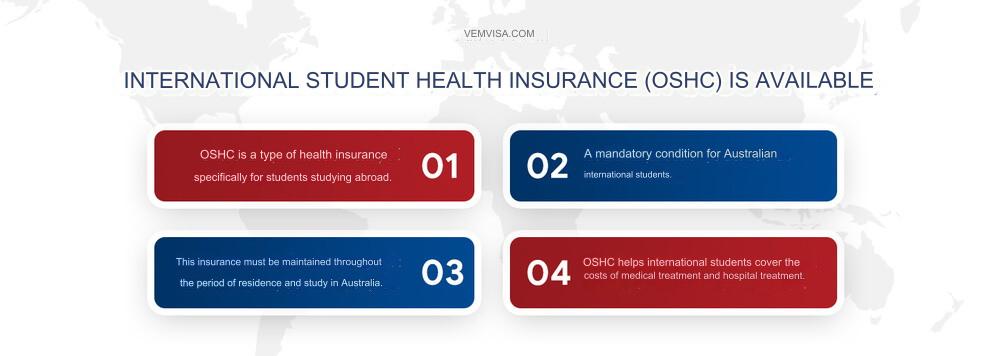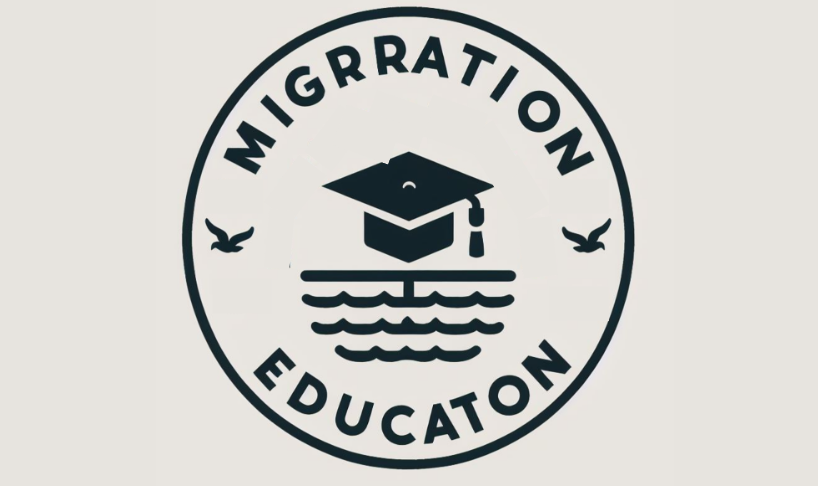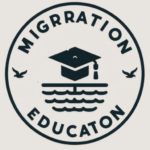Studying in Australia offers a world-class education experience, but before embarking on this academic journey, it’s crucial to understand the specific requirements, particularly in terms of personal identification, confirmation of enrolment, and financial capacity. Let’s delve into each of these aspects in detail, providing examples and offering insights into the financial commitments associated with studying in Australia.
1. Personal Identification Documents:
To initiate the visa application process, you must provide certified copies of essential personal identification documents. This includes your passport, birth certificate, and a national identification card or driver’s license. For example, if your passport is set to expire during your intended period of study, it is advisable to renew it before submitting your visa application.

The authentication process is critical to verify the legitimacy of your identity. The Australian government emphasizes the need for accurate and up-to-date identification documents to ensure the security and integrity of the immigration process.
2. Confirmation of Enrolment (CoE):
The Confirmation of Enrolment (CoE) is a cornerstone requirement for all international students applying for a Student Visa (Subclass 500). This document serves as proof that you have been accepted into a registered course at an Australian institution. It contains essential details such as the start and end dates of your course and the associated fees.
Example: If you plan to pursue a Bachelor of Business Administration at a renowned Australian university, the CoE would specify the commencement date of the program, the expected duration, and the tuition fees payable for each semester.
It’s essential to note that exceptions exist for specific categories of students, such as those sponsored by the Department of Foreign Affairs and Trade or the Department of Defence. In such cases, alternative support documents are required.
3. Financial Capacity:
Demonstrating financial capacity is a critical aspect of the visa application process. The Australian government requires evidence that you can cover your travel, living, and tuition expenses for the initial 12 months of your studies. This financial commitment aims to ensure that you can sustain yourself during the early stages of your academic journey.

Financial Examples:
- Personal Funds: If you plan to use personal funds, you need to showcase bank statements or financial documents indicating sufficient funds to cover your expenses.
- Family Support: If your family is supporting your studies, a financial support statement from your parents or legal guardians, along with evidence of their income, is required.
- Combination of Funds: Combining personal and family funds is permissible, as long as the combined total meets the financial threshold.
Financial Statistics:
- The Australian government recommends a minimum annual income of 60,000 AUD for your spouse, parents, or legal guardians supporting your studies.
- This income threshold increases to 70,000 AUD if you are accompanied by family members.
It’s essential to present a clear and comprehensive financial plan, demonstrating your ability to cover living expenses, accommodation costs, and tuition fees. Failure to provide adequate proof of financial capacity can result in visa rejection.
Understanding and fulfilling these requirements meticulously is crucial for a successful visa application. Seeking advice from reputable migration consultants or education agents can provide valuable insights tailored to your specific situation, ensuring a smooth and successful transition to studying in Australia.
4. Health Insurance (OSHC):
- Mandatory OSHC Requirement: Obtaining Overseas Student Health Cover (OSHC) is non-negotiable for international students in Australia. This specialized health insurance is designed to cover medical treatments, hospitalization costs, and other essential healthcare services during your stay. It is a visa condition to maintain OSHC throughout your entire period of residence and study in Australia.
- Financial Commitment: OSHC requires a financial commitment, and the cost varies based on the duration and type of coverage. For instance, a single student’s OSHC for 12 months may cost around 600 AUD, but prices can fluctuate.
- Example: Suppose you, as an international student, encounter a medical emergency. With OSHC, you are entitled to receive medical care without incurring substantial out-of-pocket expenses, contributing to a secure and worry-free academic journey.
- Statistical Insight: According to recent data, the average annual cost of medical treatment for international students without insurance can range from 1,000 to 3,000 AUD, emphasizing the financial prudence of having OSHC.
- External Link: Learn more about OSHC

5. Academic Entry Requirements:
- English Language Proficiency: Many courses necessitate a language proficiency test, such as the International English Language Testing System (IELTS) or equivalent examinations. For example, a minimum IELTS score of 6.0 may be required for undergraduate studies.
- High School Programs: Submission of high school transcripts and proof of English proficiency, such as IELTS, may be required. Each institution may have its specific score requirements.
- Vocational Education and Training (VET): Vocational programs typically do not require entry exams. However, English proficiency standards may still apply.
- University Programs: For undergraduate studies, completion of high school is mandatory, with specific grade prerequisites. Postgraduate programs require a completed undergraduate degree, and English proficiency certification is often necessary.
- Example: If you intend to pursue a Master’s in Business Administration (MBA), a completed undergraduate degree and a satisfactory IELTS score are prerequisites. The exact score requirements vary by institution.
- Statistical Insight: Entry requirements can vary widely. For instance, data shows that the average IELTS score required for undergraduate programs ranges from 6.0 to 7.0, depending on the discipline and university.
- External Link: IELTS – International English Language Testing System
6. Conditional Entry and Pathways:
- Foundation or Pathway Courses: Students who do not meet direct entry requirements can opt for foundation or pathway courses. These preparatory programs offer an opportunity to enhance academic skills and fulfill entry standards gradually.
- Example: If you do not meet the GPA requirements for direct entry into a Bachelor’s program, enrolling in a foundation course allows you to build the necessary academic skills.
- Statistical Insight: Foundation courses have proven successful, with a high percentage of students transitioning into full-degree programs upon completion.
- External Link: Pathways to University
Before embarking on your educational journey to Australia, a thorough understanding of these requirements is paramount. Seeking guidance from reputable education and migration advisors ensures that you navigate the intricacies of the application process successfully. Proper preparation in meeting these entry requirements is instrumental in laying the foundation for a rewarding and enriching academic experience in Australia.

Migration Education, an organization dedicated to providing essential education and support for children who have migrated to Australia and the European Union. Our mission is to facilitate a seamless transition for these young learners, ensuring they not only acquire academic knowledge but also develop the necessary skills to adapt and thrive in their new environments.
